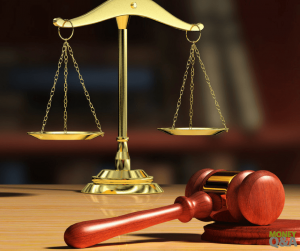 The flashing lights in the rearview mirror, the sinking feeling in the pit of your stomach, the sweaty palms and racing heartbeat, you got it…you’re getting pulled over. We’ve all been there before. But, what should you do when getting pulled over? Are there a few things that you can do to minimize your chances of getting a ticket?
The flashing lights in the rearview mirror, the sinking feeling in the pit of your stomach, the sweaty palms and racing heartbeat, you got it…you’re getting pulled over. We’ve all been there before. But, what should you do when getting pulled over? Are there a few things that you can do to minimize your chances of getting a ticket?
What To Do When You Get Pulled Over
Do you know what to do when you get pulled over? Here’s a list of things that you can do to maximize your chances of getting a warning and not get a ticket.
Slow down and try to turn
Get over to your right and slow down. Turn on your signal and look for a place to turn into.
Select a safe place to stop
It is ideal if you can find a place that looks secure for yourself and the officer. Look for a place where you can get out of traffic, that is well lit and that is safe for the officer to get out of his/her vehicle.
Think about safety for everyone
 Try to position your car somewhere that reassures the officer that you will not speed off. A parking spot with a median or block in front of you, behind another car, or other obstruction may be good choices. You also want to consider
Try to position your car somewhere that reassures the officer that you will not speed off. A parking spot with a median or block in front of you, behind another car, or other obstruction may be good choices. You also want to consider
You also want to consider the safety of the officer and your car. It may be a safer choice to pull over on the left side of an interstate for example if there’s ample room.
You can also slow down, turn on a turn signal, and drive to a safer area if possible. You see drivers doing this in a busy urban area quite often.







 Most Americans have a car or want a car. The question is, “How will you be paying?”. Paying off a car loan should not be a difficult task. It starts with the type of car loan you choose when buying a car.
Most Americans have a car or want a car. The question is, “How will you be paying?”. Paying off a car loan should not be a difficult task. It starts with the type of car loan you choose when buying a car.